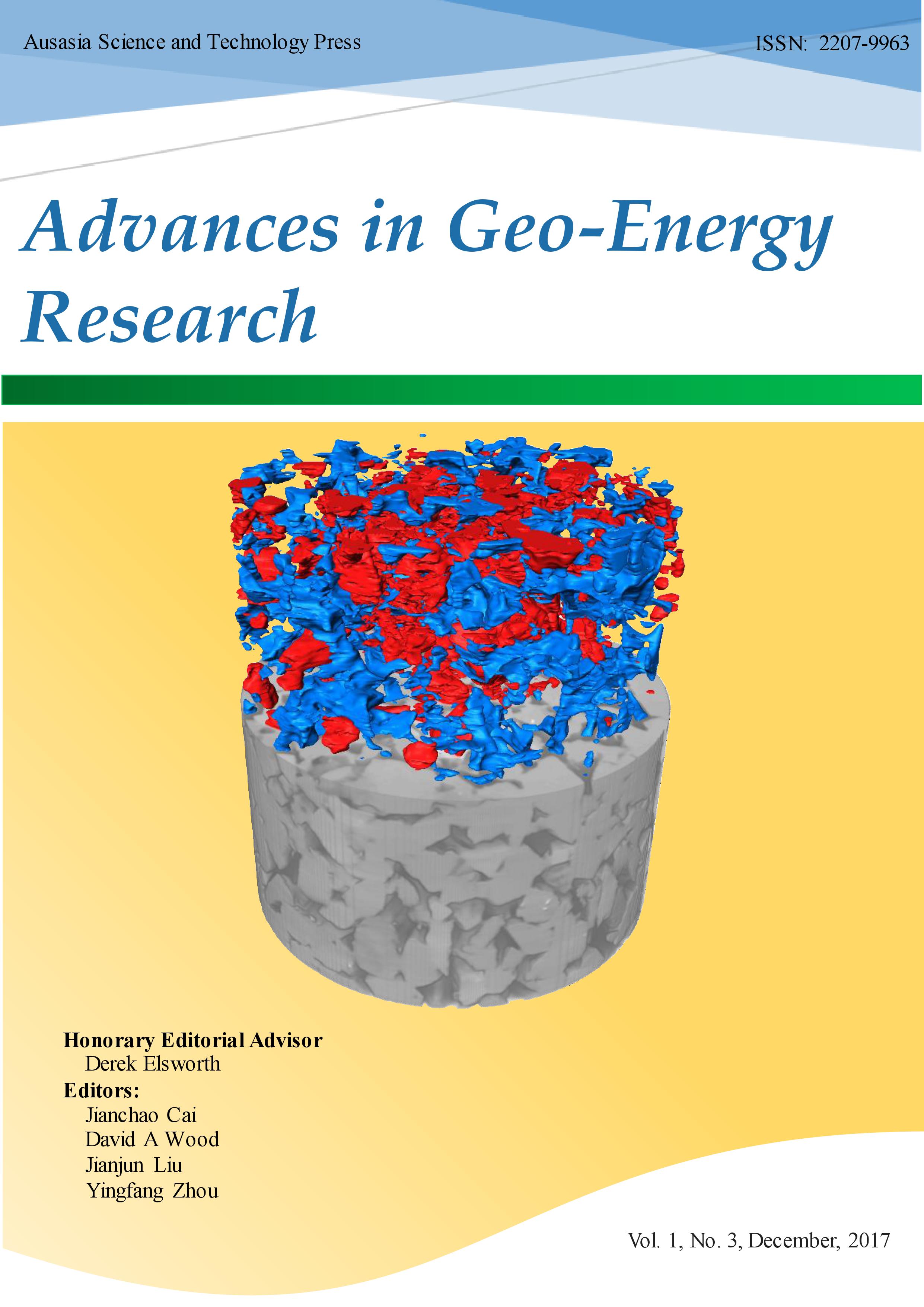

“Our ultimate goal is to implement a more personalized approach to small-cell lung cancer clinical treatment by targeting mechanisms that contribute to tumor growth based on factors that regulate molecular subtypes,” said Wang, who also is a member of the Robert H. They have named the gene POU2AF2 based on the novel functions reported in their new paper. Scientists plan to develop a drug to disrupt the function of the gene to treat this subtype of lung cancer in patients. When Wang’s team deleted this gene in small-cell lung cancer cells in vitro and in mice, the cancer cells could not survive. The gene the scientists discovered is essential for this tumor subtype to thrive, Wang said, based on genome-wide CRISPR screening. Part of the problem is that small-cell lung cancer treatment has remained relatively unchanged, primarily relying on chemotherapy. Most patients will develop chemo-resistance, Wang said, impacting the overall efficacy of the limited available treatment options, and leading to cancer reoccurrence. “It’s devastating to patients and their families when we tell them there is no effective treatment for this type of cancer,” Wang said.

“By identifying this important gene, we now have a very good drug target to work with.” “This type of cancer is resistant to a lot of drugs and not many studies focus on it,” said lead study author Lu Wang, an assistant professor of biochemistry and molecular genetics at Northwestern University Feinberg School of Medicine. Goal is to implement a more personalized approach to small-cell lung cancerĬHICAGO - Northwestern Medicine scientists have identified and described a new gene that is responsible for activating an aggressive subtype of small-cell lung cancer, the P subtype, for which there is no current effective treatment.Lung cancer is leading cause of cancer mortality in U.S.‘It’s devastating to patients’ to learn treatment options are limited.Currently no effective treatment for this aggressive cancer.


 0 kommentar(er)
0 kommentar(er)
